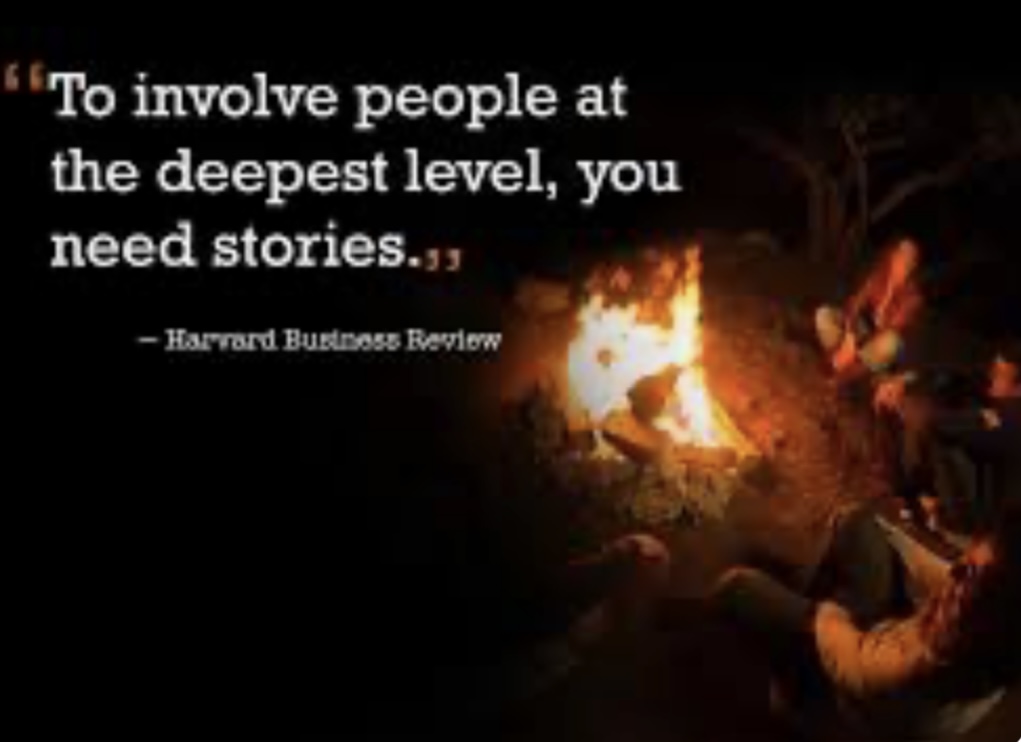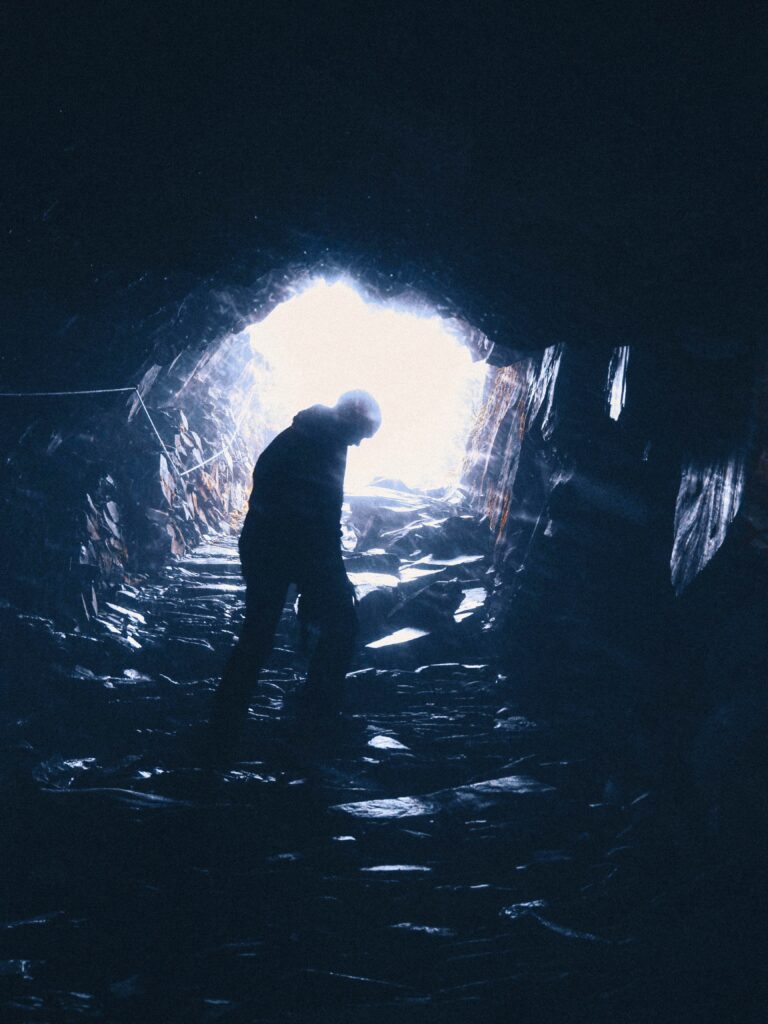The Origins of Earth and the Universe
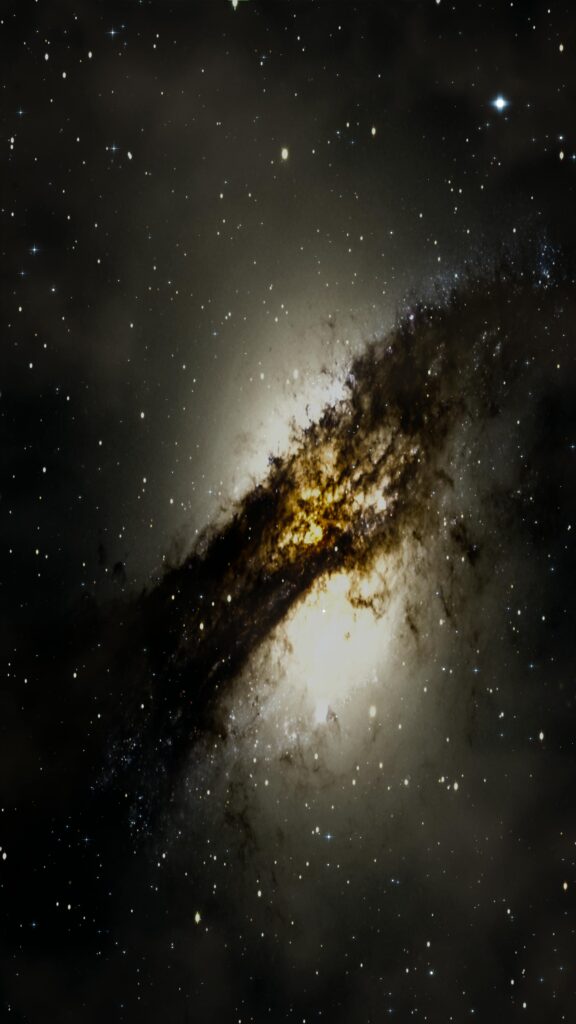
If you’ve ever been curious about the origins of Earth and the evolution of humans, science provides some fascinating insights. The story begins with the Big Bang, an immense cosmic explosion that eventually led to the formation of our universe. The Big Bang occurred nearly 13.8 billion years ago, laying the groundwork for our universe. The Sun and Earth
and Earth  formed approximately 4.5 billion years ago. Through subsequent celestial events, Earth emerged as a planet rich in natural resources, including water.
formed approximately 4.5 billion years ago. Through subsequent celestial events, Earth emerged as a planet rich in natural resources, including water.
The Emergence of Life and Evolution

The development of life on Earth started with the formation of the first cells. Life began with single-celled organisms, likely the result of natural chemical reactions in primordial waters. These organisms eventually evolved into complex multicellular life forms. The early life forms might have resembled simple jellyfish, though not precisely jellyfish as we know them. When two cells came together, the process of life began in earnest. Over billions of years, through continuous evolution, these cells gave rise to the diverse forms of life we see today.
The Rise and Fall of Species
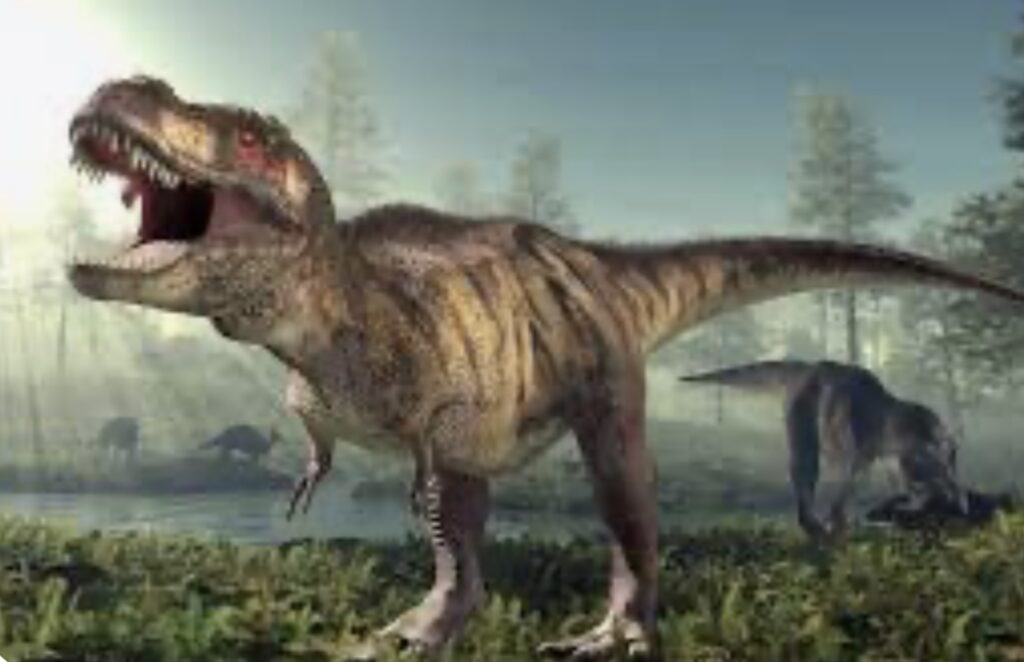
Dinosaurs once dominated the planet, among the most powerful creatures ever to exist. However, a massive disruption—likely an asteroid impact—led to their extinction. The history of life on Earth is filled with such disruptions and changes, contributing to the evolution and extinction of various species.
Human Evolution and Rapid Advancements
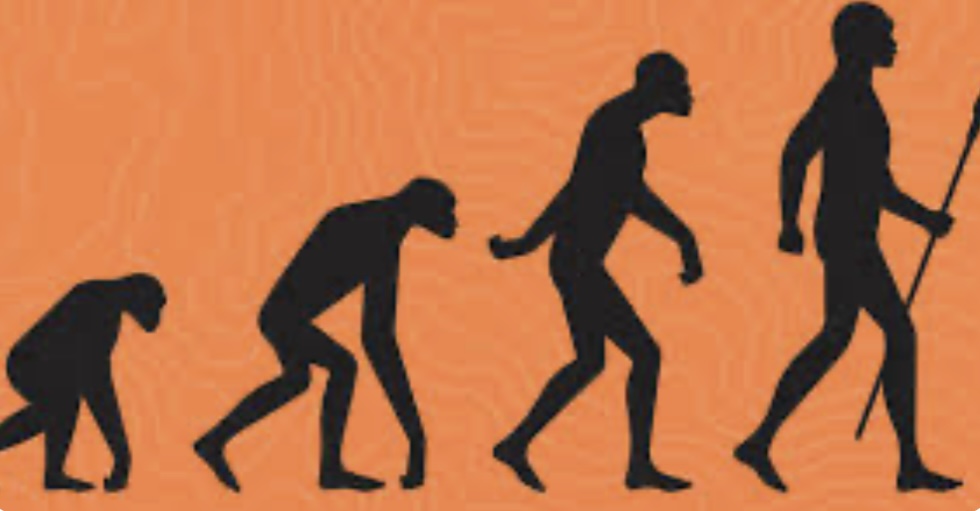
Natural disruptions and evolutionary processes caused life to constantly change and adapt. Over time, simple aquatic creatures evolved into reptiles, mammals, and eventually humans.
Although it took countless millennia for humans to evolve to their current form, the cultural and technological advancements that followed occurred at a remarkable pace.
Despite the vast timeline of 4.5 billion years, the past 60,000 years have been pivotal. During this time, humans have developed language, cultivated food  , established cultures, formed religions, created societies, built countries, engaged in trade, and advanced technology. Today, we even have artificial intelligence
, established cultures, formed religions, created societies, built countries, engaged in trade, and advanced technology. Today, we even have artificial intelligence  .
.
This brief period in Earth’s long history highlights the extraordinary advancements made by humans, allowing us to become a dominant species with unmatched capabilities.
The Complexity of the Human Brain
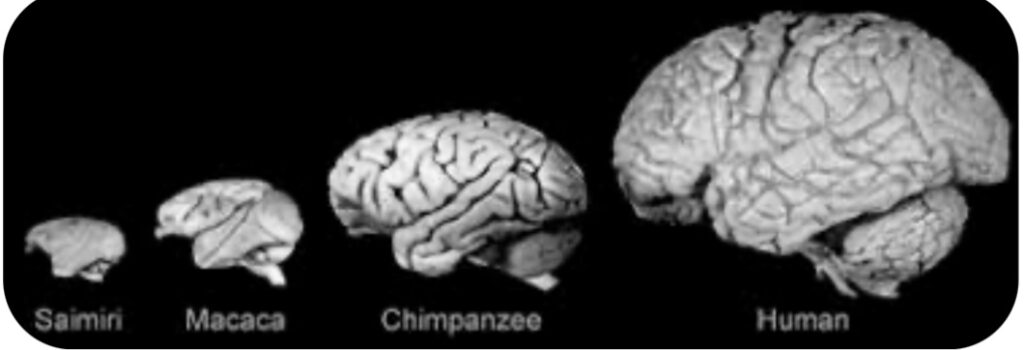
The human brain has continuously evolved, but it hasn’t stopped changing; it remains a mysterious and dynamic instrument. We often feel proud of the power it affords us, yet there are moments when our inability to control all its functions leaves us feeling helpless. The brain is indeed an incredibly complex organ.
The complexity of the brain is increasing with time, comprising billions of neurons that form intricate networks. These neurons facilitate thought processes that can occur beyond our conscious control.
The Power of Thoughts and Their Influence

Thoughts possess a remarkable power, capable of drifting seamlessly between the past and the future. Our understanding of thoughts and the brain’s complexity continues to grow, yet it remains an enigmatic frontier.
The Role of Storytelling in Human Life
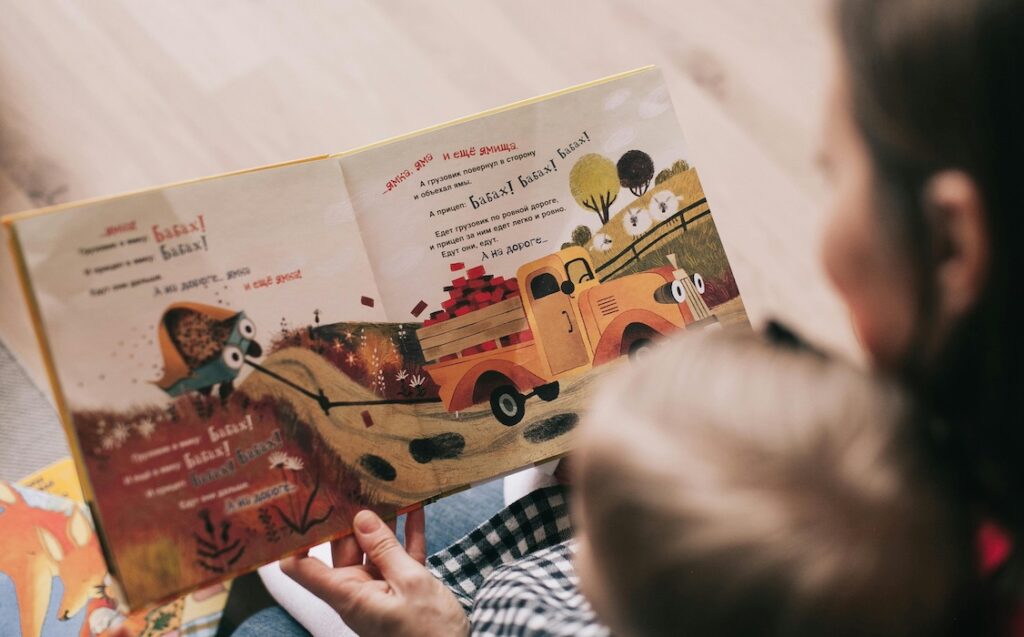
Observe closely: when thoughts drift into the past, they form stories; when they project into the future, they require stories. In his detailed exploration, Sapiens: A Brief History of Humankind 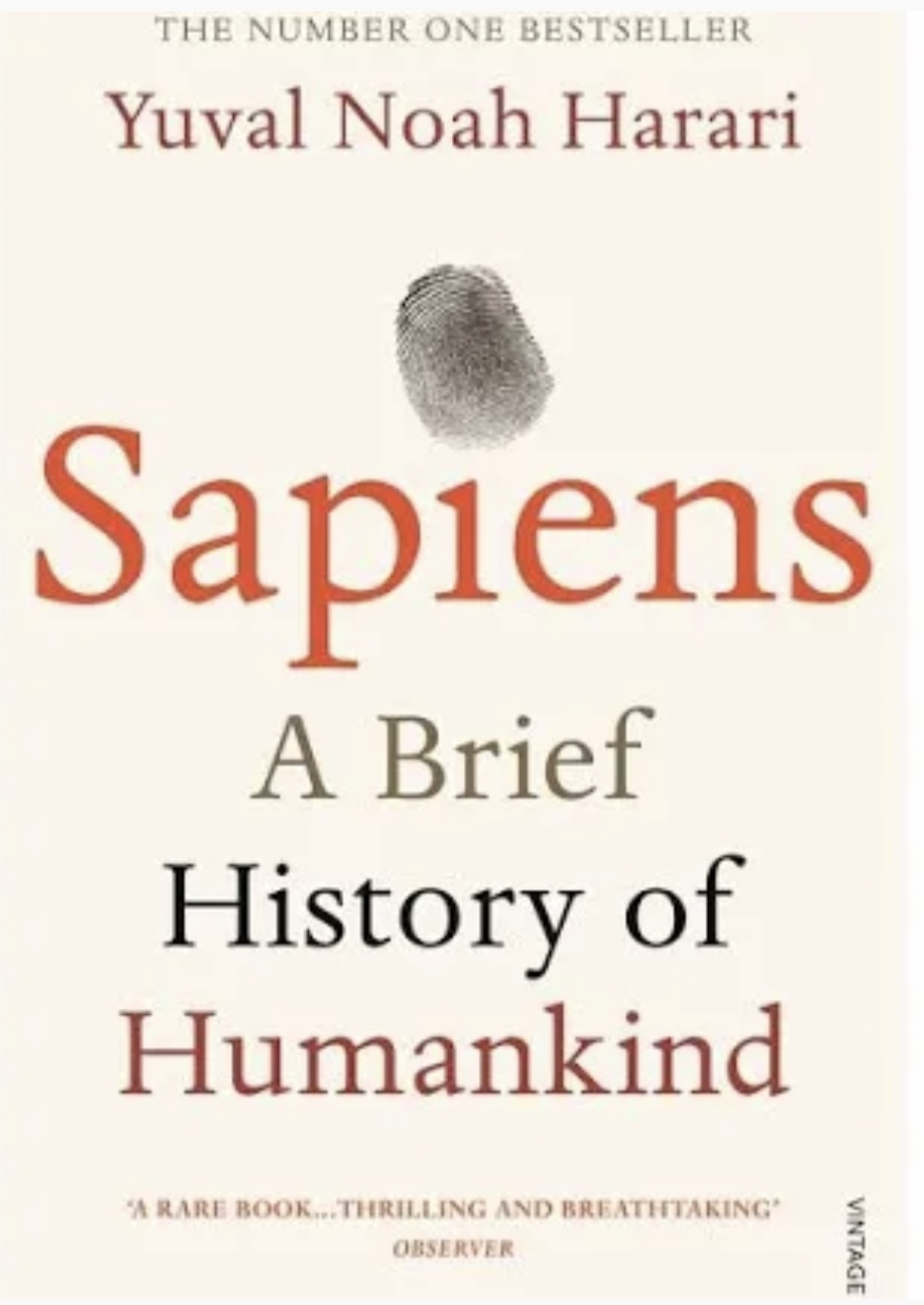 , Yuval Noah Harari discusses how our brains are wired to love stories.
, Yuval Noah Harari discusses how our brains are wired to love stories.
We are surrounded by seemingly unlimited stories. This storytelling ability is one of the brain’s greatest powers. Our lives, our pasts—everything we experience is a story. When we set goals, we often create a mental narrative about achieving them and then work to make that story a reality.
Imagination: A Double-Edged Sword

For example, if someone envisions losing weight, they’ll often create stories of themselves in their favourite outfit, leading a healthy lifestyle. They imagine people’s surprised reactions to their slimmer appearance and anticipate compliments. They create stories even about living long and healthy lives.
We like movies because they tell stories we admire. We gossip in social circles because we love listening to each other’s life stories. Imagine the world’s population, and then consider the countless stories that exist globally, both personal and communal.
Our thoughts are inherently imaginative. It is this imagination that has brought us to where we are today. The stories born from imagination can support one group of people while opposing another. Imagination allows us to differentiate from one person to another. Sometimes, this imagination works in favour of people, and sometimes it works against them. If someone’s story is to live peacefully  , they might be drawn to more spiritual narratives. If someone’s story tells them to be the most powerful creature in the world, this imagination can lead to lethal consequences such as World War I and World War II
, they might be drawn to more spiritual narratives. If someone’s story tells them to be the most powerful creature in the world, this imagination can lead to lethal consequences such as World War I and World War II 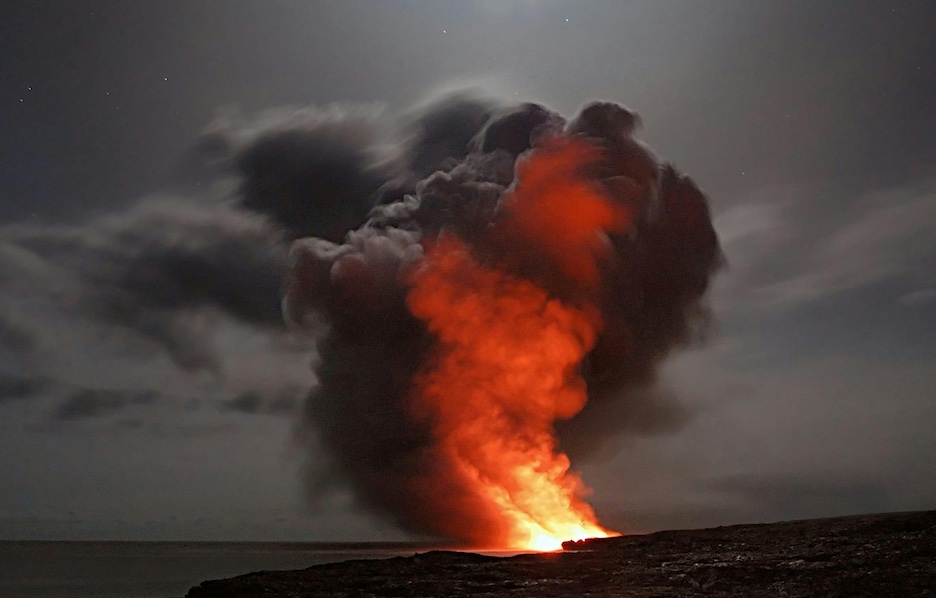 .
.
How Stories Shape Our Aspirations and Motivations

If the story is about being powerful, they might admire social circles and politics. If the story revolves around accumulating wealth, they will create stories about business. The whole system of humankind is based on stories. Some stories motivate you, such as those of the great boxer Mary Kom, the great athlete Milkha Singh, the cricketer Sachin Tendulkar, and inspirational books.
The Connection Between Overthinking and Storytelling

We ourselves are nothing but stories. Surprisingly, the brain constantly creates stories, which is how overthinking happens. Sometimes, for no major reason, people suffer from stress and depression. Some stories are positive, like those of romance, children, marriage, and more.
Can We Control Our Stories?

The question is, if our brain is powerful enough to create stories on its own, then how can we control that? The answer is, we can’t. It will continue to form stories on top of stories unless we make minor interruptions, like practicing meditation or yoga, to bring the story back to our attention and change it to some extent if we need to.
Life is a Continuous Narrative—Embrace It
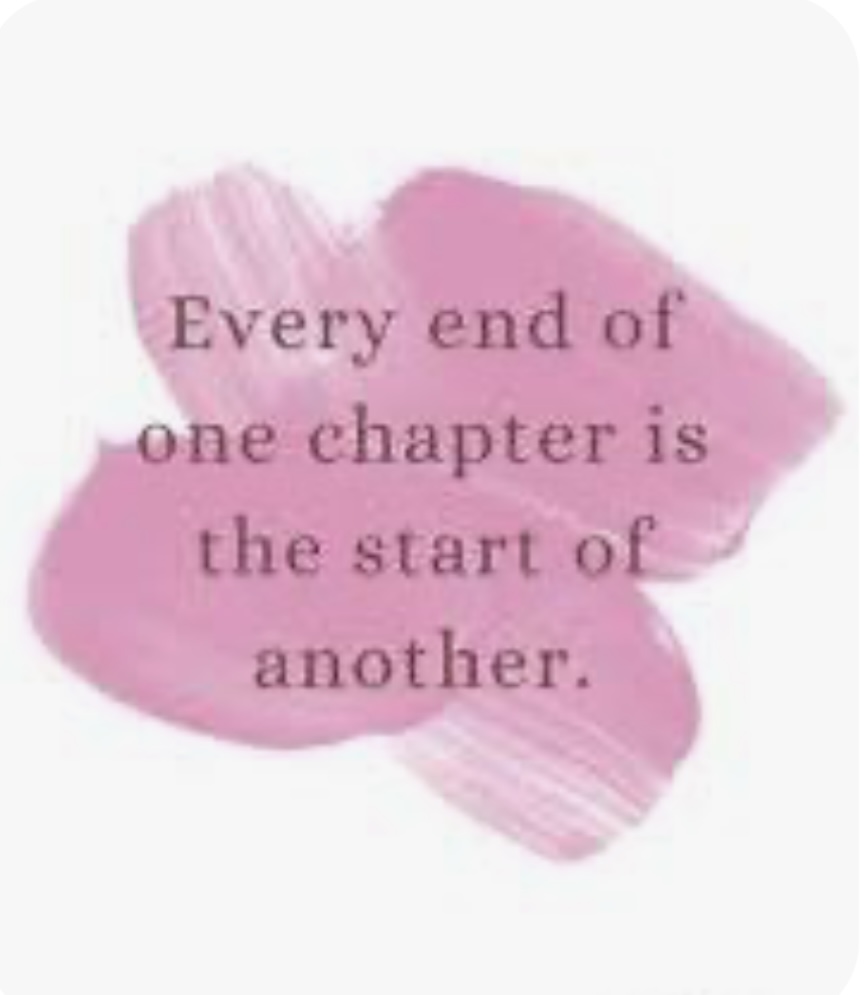
This is not the end. Remember, when one story ends, another begins. This is why life is full of complexities and will always be. However, don’t forget to interrupt the story and keep going. If you have other solutions to deal with stories, please share your story with all of humankind.
